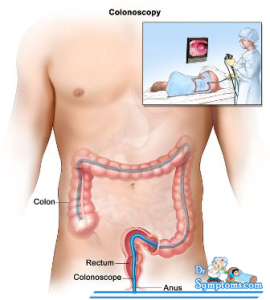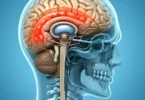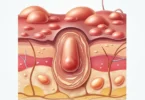How to Treat Constipation
The treatment of constipation is carried out by a stepwise scheme. In 1st step, the main aspect of treatment is a change in diet to high-fiber diet, adequate fluid intake and possibly the change in lifestyle. Sufficient exercise and toilets conditioning support intestinal activity. If constipation is not cure with 1st step than different medications (laxatives) are recommended.

Diet
For the treatment of constipation, real food is of great importance. The eating habits should be changed as soon as possible, namely by eating fiber-rich foods, high-quality oils and fats and by drinking enough water. If enough fiber are included in the diet, the bowel movement is regular. The chair is softened by an adequate intake of fluid. High-quality oils and fats protect the intestine and normalize peristalsis. Your daily diet should include plenty of whole grains and whole-grain baked goods. Legumes and more vegetables and fruits, including dried fruits should be included. Try to use only vegetable oils, the best extra virgin are olive oil, canola oil, flaxseed oil, pumpkin seed oil, etc. Adequate physical activity helps to improve the function of the intestines and thus contributes to their recovery.
Home Remedies for Constipation
Different home remedies are proved quite effective against constipation. Stewed plums, abdominal massage, water on an empty stomach – there are many simple measures, which are intended to stimulate bowel activity.
Best Home Remedies For Constipation
Natural Cures for Constipation
Water For Constipation – Home Remedies
Medicines for constipation
Laxatives (laxatives) for constipation, you should use only when a change of lifestyle (eg, more exercise, stress reduction), intake of fiber and the application of other home remedies have shown no effect. There are several types of laxatives
Osmotic laxatives retain water in the intestine, which help to keep the bowl moist and lubricated. Examples are Glauber’s salt, Epsom salt, lactulose, sorbitol and macrogol.
“Diuretic” (hydragoge) laxatives ensure increase in flows of water in the intestinal walls. These include Bisacodyl, Natriumpicosulfat and Anthraquinones (z. B. in senna, buckthorn bark).
Stuhlaufweichende agents mingle with the food particles in the gut and act as a lubricant (eg. As liquid paraffin).
Gas-forming laxatives (sodium bicarbonate) released gas(carbon dioxide) in the intestines, which increases the stool volume and the pressure on the intestinal wall increases – which stimulates the onward transport of the chair and the defecation reflex.
Prokinetic agents promote bowel movement (motility). So the leftovers are quickly transported towards the exit (prucalopride).
Seek advice from a doctor or pharmacist which laxatives is best suited for you. Apply this exactly how doctor or pharmacist have recommended to you, or as it says in the leaflet. Because if laxative used improperly (too high a dose and / or prolonged ingestion) may have serious side effects such as fluid and salt loss.






